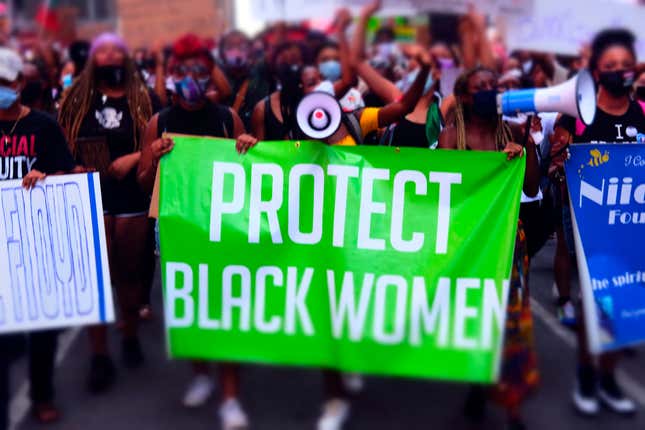
In 2020, an HBO documentary revisited the terrifying story of 30 Black kids who either vanished or were slaughtered in Atlanta in the late 70s and early 80s. A Black man, Wayne Williams, was ultimately convicted of some of the crimes, known as the Atlanta Child Murders, but former ATL Mayor Keisha Lance Bottoms decided to re-open the case with new DNA testing on some evidence.
What if I told you those weren’t the only long-unsolved killings of Black kids in the A?
Case in point: authorities may have finally solved the nearly 27-year-old rape and murder of a 14-year-old girl, Nacole Smith. Smith was on her way to school in 1995 when she was sexually assaulted and executed by being shot in the face twice. No one was every charged in the horrific crime, but in nine years later a “forensic match” was made between Smith’s murder and the rape of a 13-year-old in East Point, a suburb just to the southwest of ATL city limits.
Now, another 18 years later, that match finally led to a suspect in both crimes and police now know exactly where to find the likely culprit, identified as Kelvin Arnold: in his grave.
From CBS46
Unfortunately, the suspect died in August 2021 of liver and kidney failure.
Nacole’s mother spoke during the press conference. She described the confirmation of the suspect’s identification as bittersweet, but said it did not bring closure. She says she still has many unanswered questions and her feelings are all over the place.
Betty Brown, who was the 13-year-old East Point girl who was raped several months after Nacole, was also at the press conference and gave an emotional statement. Betty and Nacole’s mother have become close over the years.
The Atlanta Police Department announced after the press conference that Kelvin Arnold is the primary suspect in the case.
The Atlanta Journal Constitution, which didn’t identify the suspect by name, said he was a 49-year-old who had lived near Nacole, and had no criminal record.
It’s an extremely sad reminder of the need to protect Black women and girls, of how often Black women who are victims of violence–sexual and otherwise–don’t receive justice. Hopefully the identification of Nacole’s killer, even three decades later, is a wake-up call.

